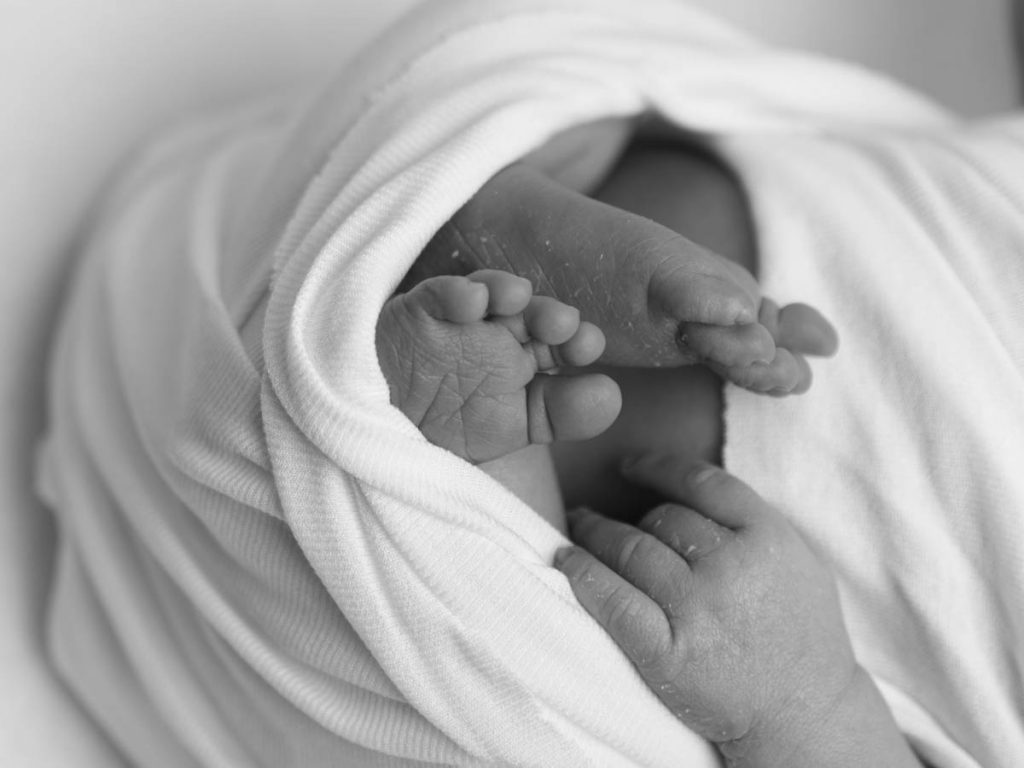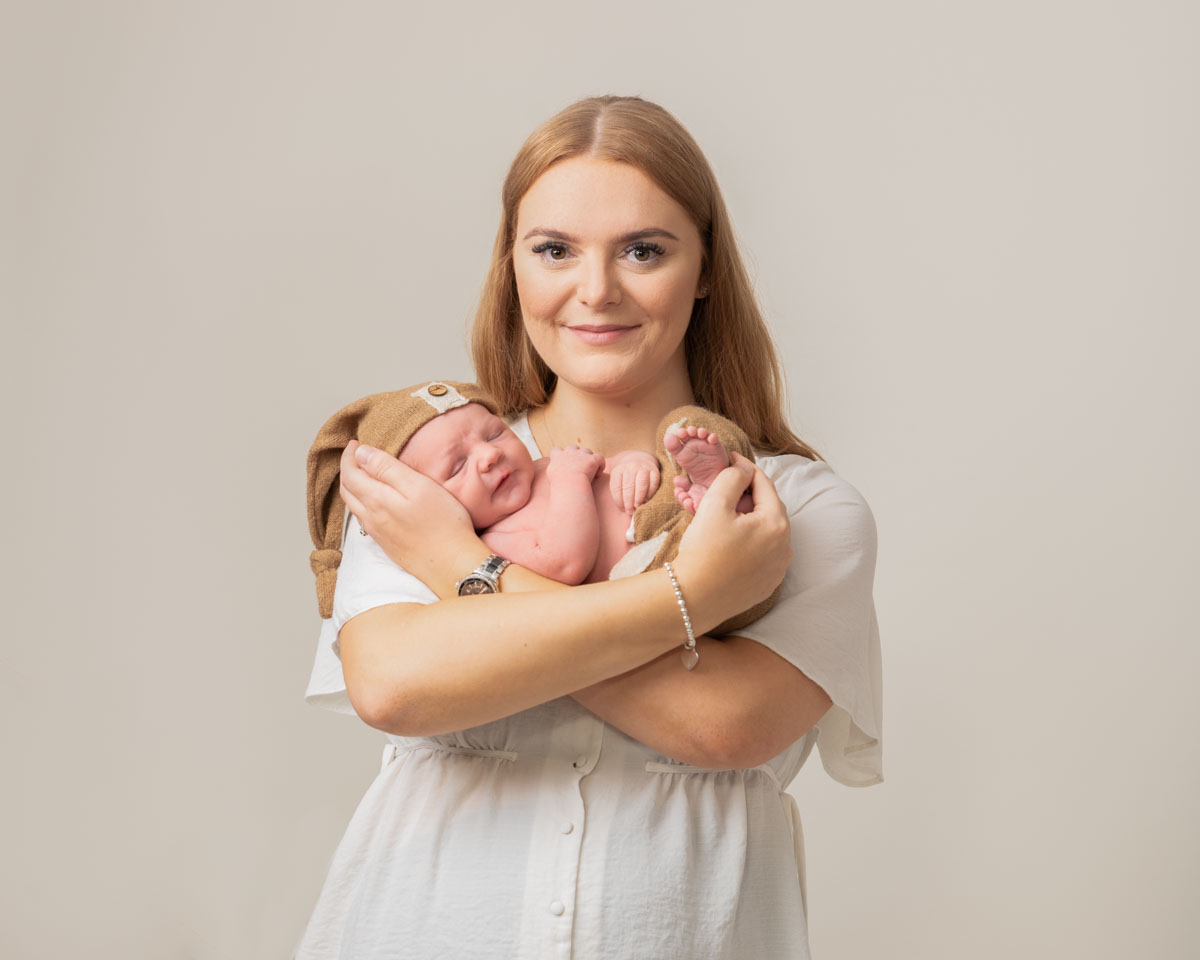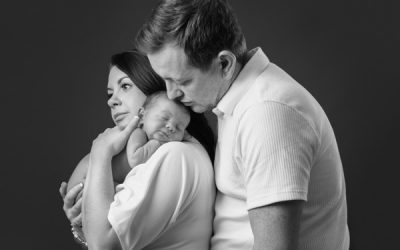“My husband and I both have disabilities. We’ve always wanted children, and knew that because of our disabilities becoming parents and parenthood, in general, would require extra planning and prep.
From the get-go we started saving for IVF treatments and making modifications to our home that would make us and our future children safer. Along the way, we’ve picked up a lot of great resources on planning and preparing for parenthood as parents with disabilities and we’ve learned some valuable lessons, too.
The article gives advice for people with disabilities on how they can prepare their lives and their homes for parenthood? Links to all the products mentioned
Today, my husband and I have two amazing kids, and I thought this might be a good way to show my gratitude to the universe for all the ways we’ve been blessed.”
New parents always have to make special arrangements to prepare to bring a newborn home for the first time. Safety precautions and adaptations that make baby and child care as convenient as possible need to be made, and equipment must be purchased. Ultimately, it’s the same for all parents, but for disabled individuals, things are a little different. It’s important to make sure there are no impediments that could get in your way and make it difficult to perform the parenting duties that come at you regularly, hour by hour, around the clock.

Accessibility and mobility
Parents need quick and ready access to all parts of the house when children are present, no matter how young they are. You never know when an emergency, such as a fall or choking incident, may happen that requires your immediate intervention. Ensure that transitions between rooms are even, install ramps if necessary, incorporate skid-resistant flooring where needed, and install expandable hinges in doorways for unimpeded access to each room.
Precautions
As a disabled homeowner, you have presumably already made some modifications to improve access and ensure safety. With a child on the way, you’ll want to take extra precautions and make sure you haven’t overlooked something. Invest in non-slip mats in front of every sink, toilet and bathtub, and have grab rails installed in your bathrooms. Set up safety gates on stairways and in doorways, where needed, and have furniture and bookcases secured to the floor or wall to prevent tipping.
The equipment you need
You’ll find that some equipment is more helpful than others when it comes to caring for your child. If you need a mobility assistance device to get around the house, reaching up and over the side of a standard crib can be prohibitively difficult and will wear on your back and joints after a while. You’ll soon find that a side-entry crib makes quick access much easier; same goes for getting a little one in and out of a car seat. Reaching in and extracting a child from seat belts and out of the vehicle will quickly become a painful and repetitive movement, so consider investing in a swivel or rotating baby seat as soon as possible.
Bathing a child is a difficult task and takes some time to get used to – for someone with a disability, it can be a scary endeavor at first. Rather than reaching up and into, or leaning over, the kitchen sink or bathtub, you might need to get creative. A standard baby bathtub can be securely used on top of a table that a disabled individual in a wheelchair can reach easily. If your disability forces you to use upper body muscles primarily, this should definitely simplify the task of bathing.

Good logistics
Being prepared for parenthood also means having things where you want them, when you need them. Keep diapers and wipes stocked in changing “stations” on each floor, especially in your bedroom with your new child sleeping nearby. Keep a diaper bag fully equipped with everything you need to run errands or go to medical appointments so you don’t have to waste time searching the house for wipes, baby powder, bottles, formula, or pacifiers. It’ll also save some wear and tear on you in the long run.
Take care of yourself
When you’re preparing for a newborn, it can be easy to neglect your own needs. Be sure you’re getting enough sleep, spending some time outside , and refusing to take on any unnecessary obligations. It’s important to eat well, and it’s a good idea to take a multivitamin to make up for any nutrients your body may not be getting. A high-quality multivitamin will also raise your energy, which you’re going to need plenty of once your baby is born.
Make a careful assessment of your house before bringing a child home. Make any provisions for your little one’s safety, and make sure there’s nothing that could complicate your ability to provide timely, effective parental care.




